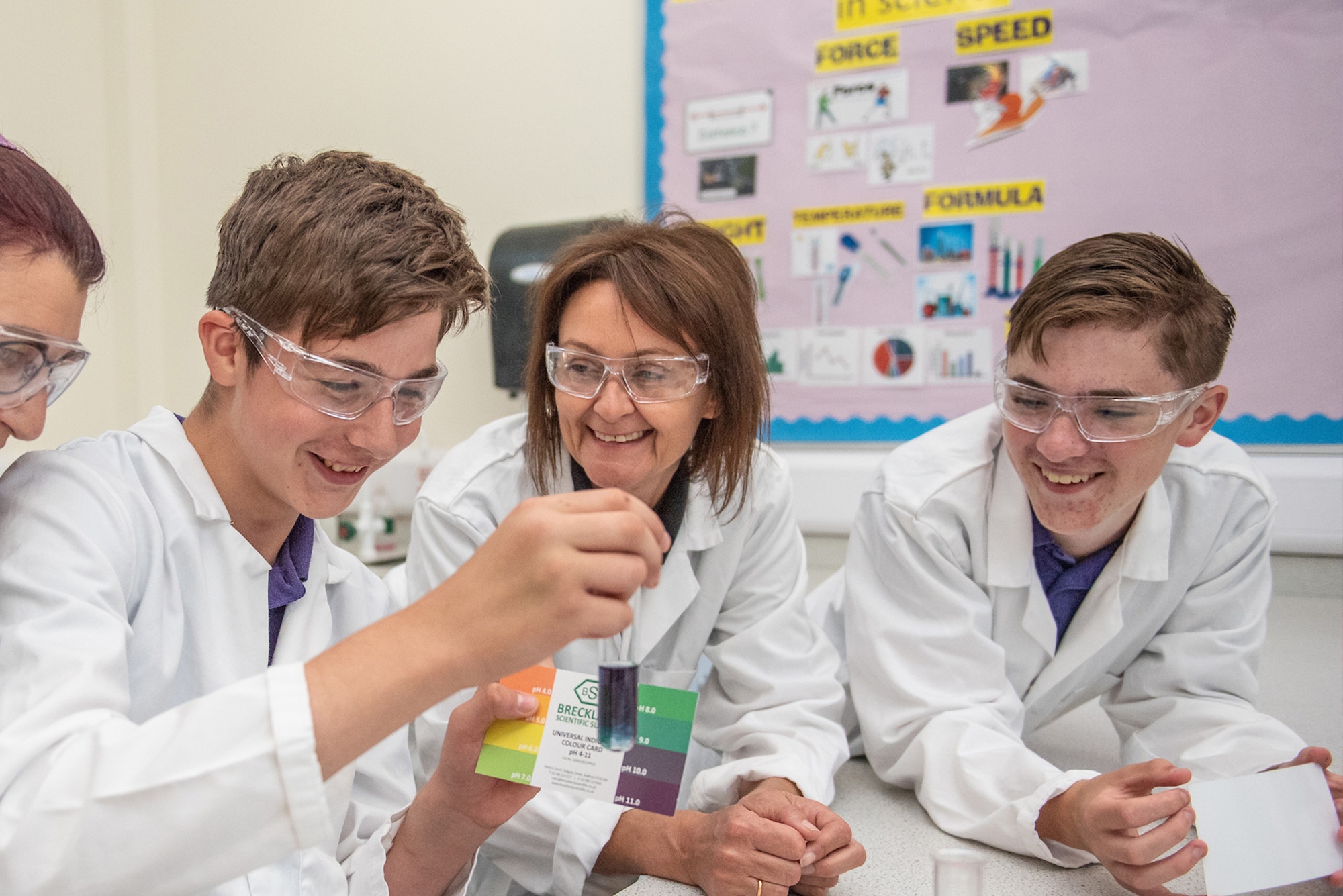Therapies
Communication and Speech and Language Therapy
Communication and social interaction is a core area of our curriculum.
Our staff have training to understand the communication needs of children with SEMH and ASC, including communication strategies and preferred communication methods e.g. auditory, visual symbols or written word. Class teams use this learning to understand the most appropriate ways of supporting children to communicate, especially during times when children are anxious.
All pupils who have been identified through EHC Plan requiring speech and language therapy will be on the caseload of our school Speech and Language Therapist (SALT). Speech and language therapy will be delivered on an individual basis or in small groups. Sometimes this therapy will be delivered directly to the pupil, however more often the SALT will work to train staff who will support the pupil.
Occupational Therapy
The purpose of Occupationl Therapy (OT) is to help pupils achieve their full potential in their childhood occupations. Such occupations include engaging in school activities, playing, having fun and developing their independence with self-care skills. Our school based OT uses a variety of fun and stimulating activities to develop these skills, either directly with the pupil or by assessing and prescribing interventions that will be undertaken by other staff. The OT works closely with education and other health professionals.
Sensory Considerations
Children with autism and many with SEMH difficulties often respond atypically to sensory stimuli. High levels of sensory difficulties can often significantly impair a child’s readiness for learning.
We will address sensory issues from assessment through all aspects of curriculum planning and delivery as they can have impact at any time. All children have a sensory assessment (with regular review) and strategies will be carefully detailed as part of their learning plan.
Motor Considerations
Children with complex needs and ASC often have poor motor skills, poor coordination and difficulties with balance resulting in awkwardness and clumsiness with considerable implications for participation in PE, games and play, and in turn impact on social participation. In delivering a physical education curriculum and approach that provide opportunities for children to participate successfully, we think creatively and include access to opportunities that enable children to learn in group situations that develop motor skills at an individual level, for example, Taekwondo.
For some young people fine motor skill difficulties can also complicate and interfere with a variety of school activities, such as handwriting, art, and some practically based technologies. Our approach is highly individualised and we assess the best way of reducing the impact of these difficulties through the use of laptops or other ICT, classroom/white board management, ensuring for older children, access to extra time or scribes for external examinations.

